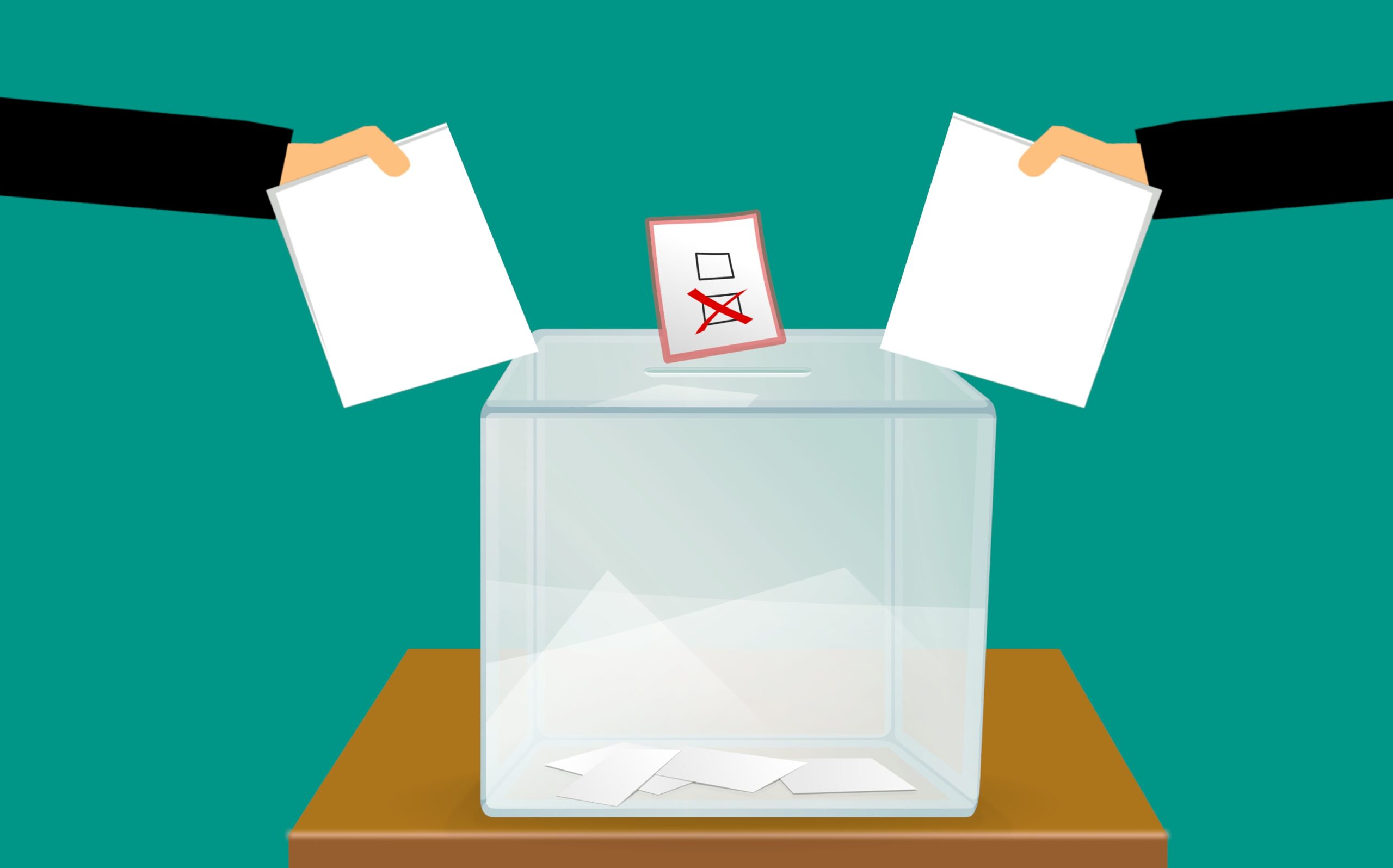
It is undeniable that voting stands at the heart of democracy as an act of civic participation, one which ensures formal representation in government. However, there is a fundamental problem with the concept of mandatory voting, as seen in the Australian voting system. Once an Australian turns eighteen, they are required by law to show up at the polls unless they have an adequate reason to not. Whilst it is true that historically Australia has had increasingly high rate of voter turnout, with more than 90% of citizens submitting their choices to the polls in general elections, this does not necessarily translate into true and accurate electoral representation.
Arguably, the biggest problem with Australia’s mandatory voting system is the lack of political knowledge of voters. This has ultimately led to what has been coined as the “Donkey Ballot”. This involves voters either randomly choosing a candidate with no real thought or understanding of the political consequences of their decision, or even resort to submitting a blank or tampered ballot, simply to avoid punishment. Many in favour of mandatory voting argue that it forces voters to educate themselves on political parties and candidates due to the risk of a potential fine. However, research shows that voters -especially the younger generation- are not actually more knowledgeable about politics than those voting within voluntary structures. Under these conditions therefore, isn’t forcing them to vote ensuring the opposite of electoral representation? This point is only reinforced by young people living in Australia; 15 year old Milly Shanahan stated that Australian schools do very little to teach their students about politics, and yet expect them to turn up to the polls once they are of age, ready to vote. This political ignorance, combined with a policy of forced voting, sees that a large majority of Australians end up unhappy with their elected leaders. This is usually caused by the fact that at the time of voting, they were not well informed to make the right decision for themselves. This has been seen recently, with the current Albanese government’s public approval rating having fallen to its lowest level, with almost 50% of Australians feeling the Prime Minister is leading the country in the wrong direction.
Another significant problem with mandatory voting, that is not just exclusive to Australia, is that it limits personal autonomy and freedom. Take the voting down of Australia’s most recent Indigenous Voice referendum for example; arguably this proposal failed to be passed due to these previously discussed lack of political knowledge. As a result, Aboriginal Australians have no formal representation in government, which only reinforces how mandatory voting restricts personal freedoms through the concept of limited choice; mandatory voting does not have any influence on the quality or diversity of the candidates. Instead, it leads to inaccurate and unfair electoral representation, as the public are obliged to vote for parties that they do not actually support, because there is no one who actually represents their views. Mandatory voting also takes away the right to abstain, restricting the autonomy of citizens who would prefer non-participation as a way to reflect their political leanings.
In my opinion, the most problematic aspect of Australia’s mandatory voting system is how the lines between mandatory voting and authoritarian policies are becoming increasingly blurred. It has raised concerns among Australians regarding government overreach, seen through the monitoring of which citizens do or do not vote. This state-level surveillance and enforcement undoubtedly restricts the freedom of expression and choice; the Australian Electoral Commission penalises anyone that has failed to vote with a $20 fine. Whilst $20 does not seem too excessive, if left unpaid or a citizen chooses to argue against forced voting policies, the penalty can be increased to a figure in the region of $200, with a court date set. In 2016, a Tasmanian woman refused to vote in the federal election that year and was taken to court, after stating she categorically disagreed with the voting system. She faced an additional $180 dollar fine, legal costs and a criminal conviction. Surely a citizen receiving a criminal conviction for simply expressing their fundamental human right to freedom of choice, is unjust and borderline authoritarian?
Whilst I am sure that there are many in favour of mandatory voting policies, who think they function to promote civic engagement and inclusivity, I firmly hold the belief that there is a fundamental problem with Australia’s current system.
Image: Mohamed Hassen, 2018 // PxHere License



Average Rating